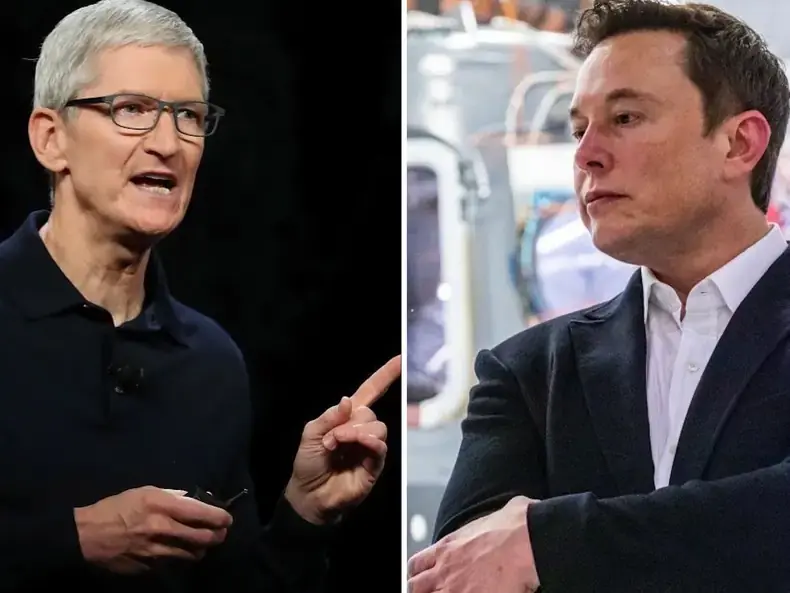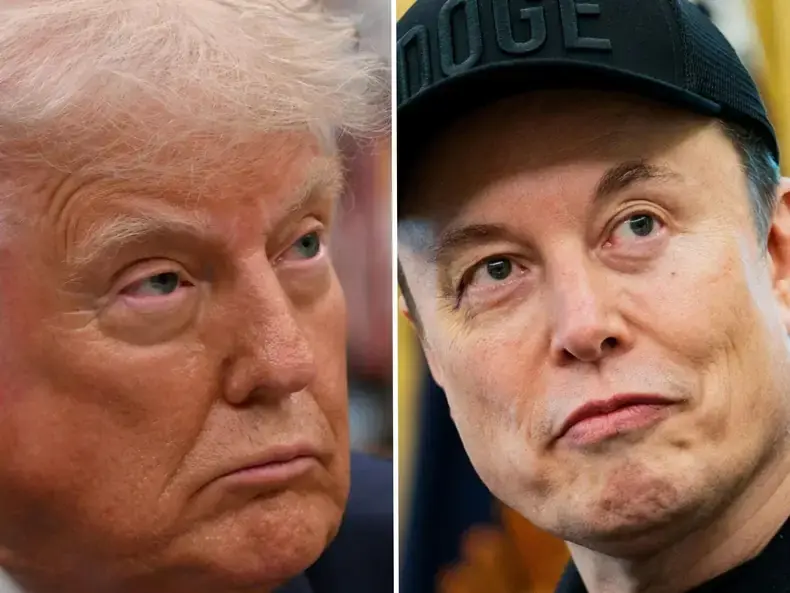Elon Musk and Sam Altman share a long, complicated history that stretches back to the founding of OpenAI, the organization behind ChatGPT. The two tech titans co-founded OpenAI in 2015, alongside notable Silicon Valley figures such as Peter Thiel, Reid Hoffman, and Jessica Livingston, with the goal of creating a nonprofit dedicated to developing artificial intelligence in a way that maximizes benefits to humanity. Musk, who viewed AI as a potentially existential threat, initially provided guidance and funding but grew increasingly concerned about the organization’s direction. By 2018, he decided to step down from OpenAI’s board, citing conflicts with Tesla and SpaceX priorities, competition for talent, and philosophical disagreements over how the company should operate.

Musk’s departure marked the beginning of a series of public and private clashes between the two innovators. He pulled back funding commitments, criticized OpenAI’s move toward a capped-profit, for-profit subsidiary, and repeatedly voiced his displeasure with what he saw as secrecy and profit-driven motives, particularly after OpenAI partnered with Microsoft. Musk has accused the company of deviating from its original open-source, nonprofit mission and claimed it became a de facto subsidiary of Microsoft, prioritizing profits over humanity’s best interests. Meanwhile, Altman has defended the nonprofit-for-profit hybrid structure as essential for raising capital while continuing to fulfill OpenAI’s mission, emphasizing that investors’ returns are capped and that excess funds support nonprofit work.

Tensions have extended to public spats on social media, legal action, and competition in the AI sector. Musk filed lawsuits in 2024 and 2025 against OpenAI, Altman, and co-founder Greg Brockman, claiming the company misused his donations and violated founding principles. Some legal actions were later withdrawn, but the lawsuits highlighted the intensity of the feud. Musk also launched his own AI venture, xAI, and has repeatedly criticized OpenAI’s products and operations, alleging anticompetitive behavior and challenging its partnerships. The two have traded barbs on X (formerly Twitter), disputing everything from AI safety practices to App Store rankings, while Altman has alternately defended OpenAI, poked fun at Musk’s antics, and praised his commitment to AI safety.
Despite the animosity, Altman acknowledges Musk’s genuine concern for AI safety, calling him a hero in some respects while criticizing his combative style. Musk, for his part, appears motivated by both his vision for AI and a desire to influence its direction, often clashing with former colleagues over mission, control, and the commercialization of AI. Their ongoing rivalry combines professional competition, philosophical differences over AI’s future, and personal disagreements, creating a dynamic saga that continues to shape the trajectory of artificial intelligence.
If you want, I can also condense this bulky version into a 350-character summary that captures the main points.

